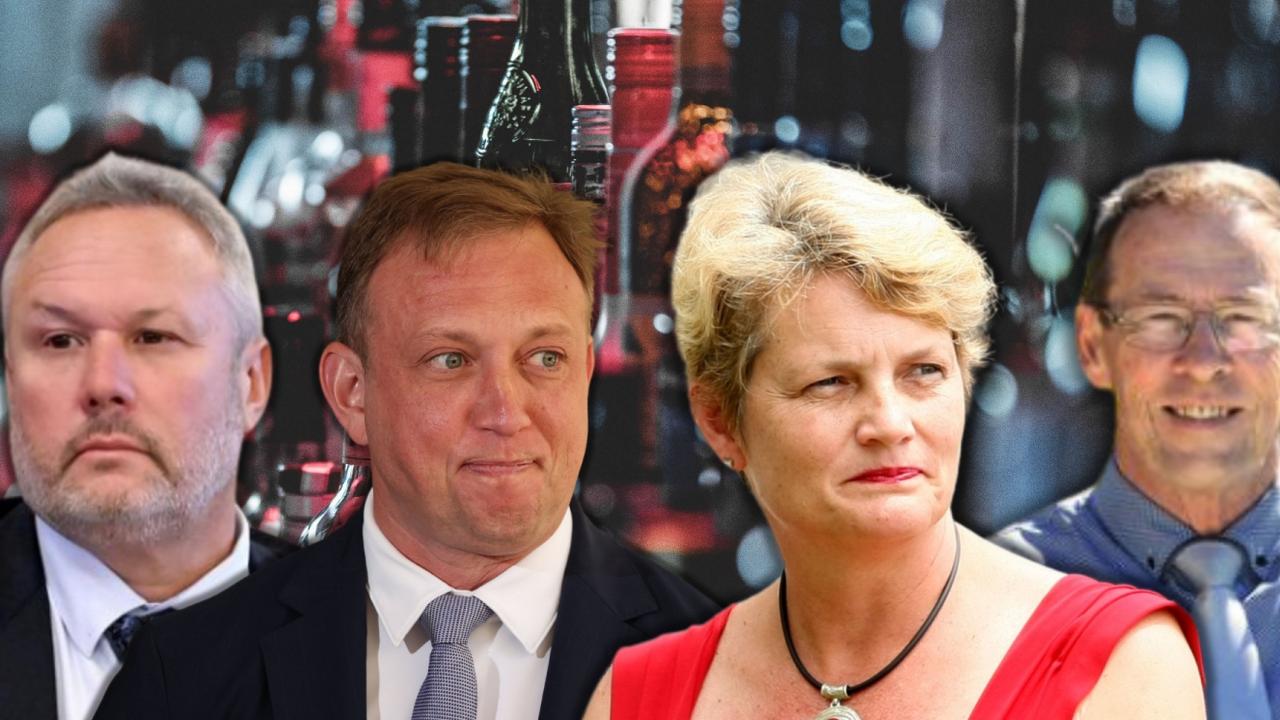Hughenden without a doctor for months
Hughenden has been without a permanent doctor since December with growing concerns it could be difficult to replace them.

Townsville
Don't miss out on the headlines from Townsville. Followed categories will be added to My News.
HUGHENDEN has been without a permanent doctor since December with growing concerns it could be difficult to replace them.
Townsville Hospital and Health Service is currently considering applications for the role, with chief executive Kieran Keyes hopeful borders opening will speed the process up.
Mr Keyes said the service was working to address a shortfall in medical cover for the Hughenden Multipurpose Health Service (HMHS).
It has been recruiting for a medical superintendent since the resignation of the long-term doctor in the regional town.
“It is important to note that nationally, rural communities have faced significant challenges attracting and recruiting doctors and this is an issue faced nationally,” Mr Keyes said.
“With borders now open, we hope that these challenges will ease and prevent any further barriers to medical recruitment.”
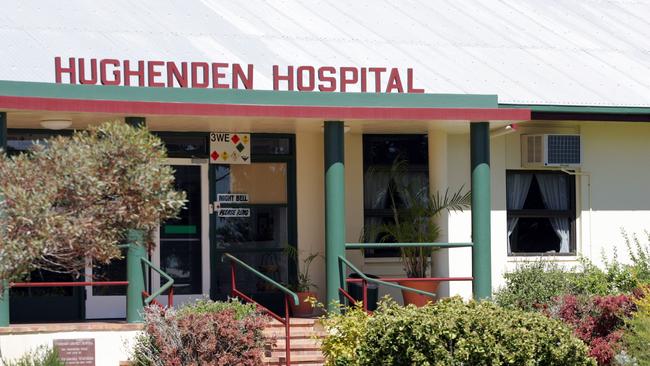
Mr Keyes said the health service had written to the community to reassure them that access to a doctor was something the community deserved, and it was committed to making it happen.
The health service has put in a number of measures, including a locum doctor working from March 2-9, and March 16-23, telehealth support and appropriately qualified rural and isolate practice registered nurses who have extended scope to diagnose, prescribe and treat certain patients at the HMHS.
State Traeger MP Robbie Katter there was a dire shortage of nurses and doctors that needed addressing.
He said issue needed to be addressed from the top down to ensure rural and remote communities got the right access to healthcare.
“There is a psychological impact because when doctor are in town, that can be the trigger for families (to decide if) they are staying in town or moving,” Mr Katter said.
Last year, the Julia Creek Multipurpose Health Centre (check) was downgraded to a Level 1 facility due to staff shortages, sparking concern in the community.
He said there was more state government’s could to move away from a one-size fits all approach, especially when it came to awards.
“There could have been more effort made over the years to incentivise doctors and nurses to go to these areas,” Mr Katter said.
Long wait for flying fox fix
ALMOST 12 months after the scheduled dispersal of flying foxes, the Charters Towers community is still waiting for action.
Katter’s Australian Party leader and Traeger MP Robbie Katter has raised concerns about the extended time frame for the dispersal, despite having a new roosting area completed for months.
Last year the work was completed on Young’s Block in a bid to create a new environment for the flying foxes and encourage the animals to move from Lissner Park.
The Department of Environment and Science had enlisted contractor Ecosure to deliver the dispersal-relocation program, with the organisation also to train Charters Towers Regional Council staff in roost dispersal techniques.
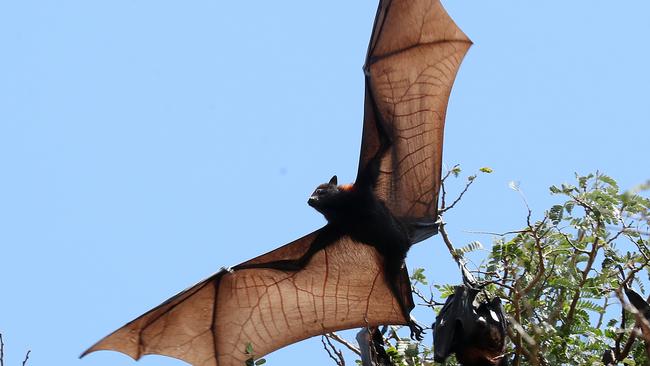
The dispersal and relocation was initially supposed to take place in April, but was pushed back again in July because the flying foxes were carrying their young.
A DES spokesman said it, Charters Towers Regional Council and Ecosure were considering starting the flying fox dispersal in Lissner Park later this month and in early April, if environment conditions allow.
“These conditions include there being sufficient flying foxes present in the park for the dispersal to succeed, and there being no well-developed (but flightless) flying-fox pups present,” he said.
“Information on the dispersal will be provided to the Charters Towers community when a start date for the dispersal is finalised.”
Mr Katter said he knew dispersals were complex with a lot of planning involved.
He said the flying fox crisis in Charters Towers was worsening and it was “unfair” to the residents who were living in terrible conditions indefinitely.
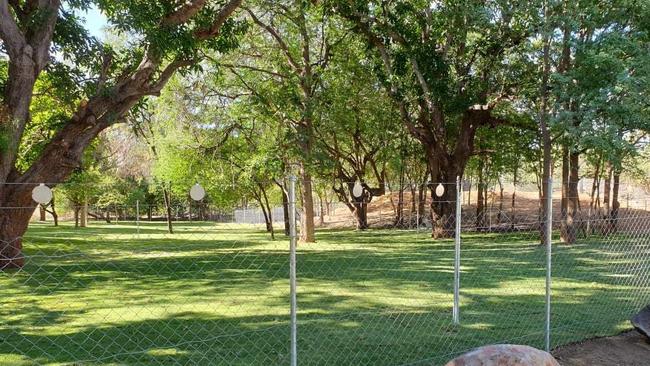
“The dispersal plan has been in place for quite some time now, and it worries me thinking about the amount of money that was spent on funding the development of the park area at Young’s Block. This development would have cost hundreds of thousands of dollars,” Mr Katter said.
“The park is a roost site for the bats, including turfed lawns and a dam, well established trees and is fenced to prevent predators and humans from entering, and presently this is all sitting there going to waste.”
Mr Katter said it was now slipping further into 2022 and the dispersal had not started.
“I am aware that the council has been advocating for and supporting this dispersal and have advised that a dispersal program will be arranged in the coming weeks, however we’ve become accustomed to being disappointed and won’t be holding our breath,” he said.
“The residents of Charters Towers have put up with this for long enough.
“This flying fox population has been inhabiting their parks, schools, aged care homes, private residents and limiting hours at the local pool for decades now.
“Locals have been patient, and there has been a lot of money spent on this issue – let’s get the job done.”
New surgery changing lives in NQ
REGIONAL Australia’s first deep brain stimulation surgery has been performed on a patient in Townsville.
Former electrician Rob Jorgensen form the Burdekin was diagnosed with Parkinson’s 15 years ago and recently received the DBS surgery at the Mater Private Hospital Townsville.
A team of neurosurgeons, neurologists, anaesthetists, and scientists led by neurologist Dr Craig Costello used an intricate procedure to safely insert electrodes in Mr Jorgensen’s brain to help relieve debilitating symptoms from his disease.
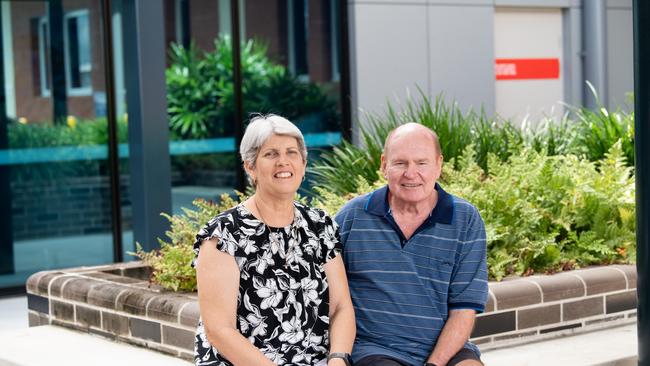
Mr Jorgensen, 63, said he had been forced to retire and was left with no option to treat his condition, apart from taking medication eight times a day.
He wished the DBS procedure had been available to him locally sooner.
“The surgery has really helped me,” he said. “I used to have involuntary movement in my arms and legs and my friends have noticed an improvement in my speech. I’m on a lot less medication too.”
DBS works through electrical stimulation that regulates the abnormal signals which cause tremors and other symptoms of Parkinson’s disease. Many patients experience an instant result from the procedure.
Former cane farmer Mark Pernase, 66, had DBS to control severe tremors in his right hand, impacting his ability to perform simple daily tasks like hold a cup of tea.
“I didn’t have much to look forward to and now that has changed,” the Innisfail man said.
“I am essentially tremor free and it happened almost instantly after the surgery.
“Now I can think about having a future.”
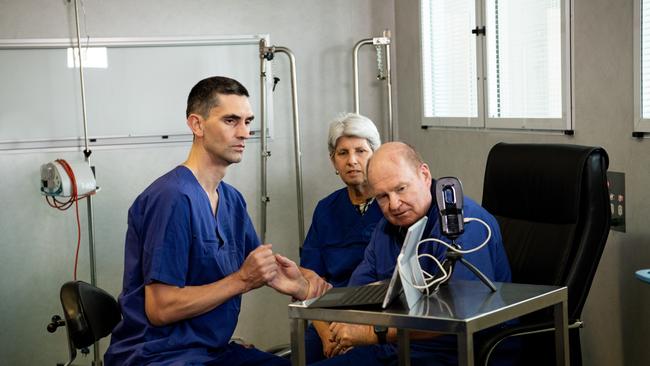
Mr Pernase was diagnosed with Parkinson’s in 2014 and was initially apprehensive about having DBS.
However, his wife Eileen said her husband was now ‘back to normal’ since having the procedure.
“He’s back to the man he was before he was diagnosed,” she said.
Dr Costello said DBS was “life-changing” for people with Parkinson’s disease, essential tremor or dystonia, and offering the procedure locally was a triumph for the people of North Queensland.
“Having evidence-based care available locally removes a large geographical barrier to better disease management for people living in this region,” Dr Costello said.
“DBS has two main advantages compared to pharmacological therapy. DBS is always on, unlike medication which can wear off, and DBS can deliver therapy differently to each side of the body which is vital in Parkinson’s because it is an asymmetrical disease.”
Fun Run ‘Your Way’ for important cause
TOWNSVILLE’S healthcare and emergency workforce are banding together to raise awareness and funding for breast cancer research.
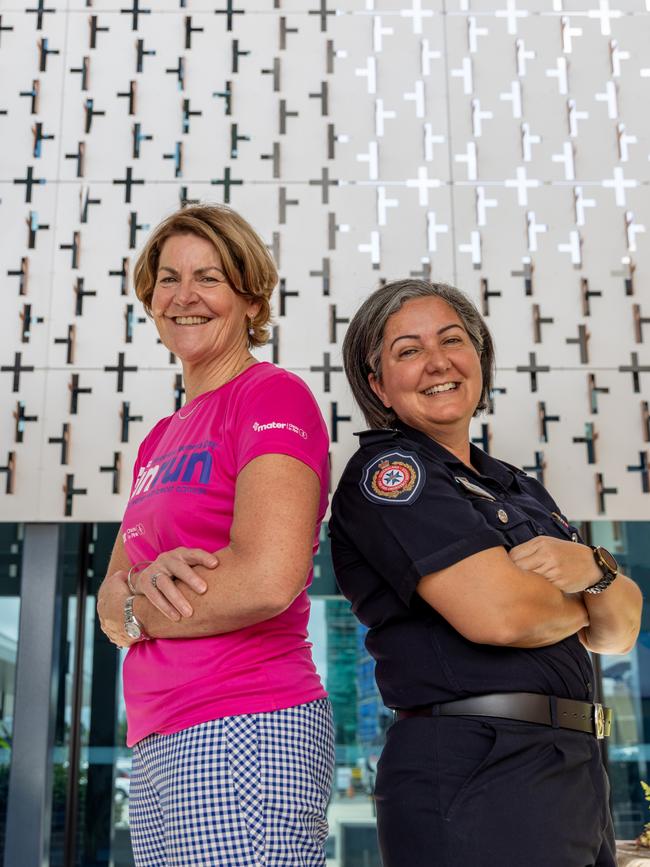
Mater Private Hospital Townsville and Queensland Fire and Emergency Services (QFES) Northern Fire Communications Centre staff have registered teams for the 31st RACQ International Women’s Day Fun Run.
The teams will be among more than 100 people from across the Townsville region to take part in the Fun Run ‘Your Way’ event, which allows people to set their own course in their community.
Mater Townsville’s executive officer Libbie Linley said the team would be donning plenty of pink to take part in the event and encouraged local residents to get involved in the festivities.
“The Fun Run is one of our favourite days in the calendar,” said Ms Linley.
Fire Communications Manager for Northern Region Alene Arends said her team were competing against colleagues from the Sunshine Coast and Central Queensland to see who could fundraise the most in the state.
“There’s no longer one bad C-word, there’s two: cancer and Covid,” Ms Arends said.
“Since the pandemic began, it has limited what team building exercises we can do and how we can be involved in our communities.”
Would-be Fun Runners are encouraged to join a 2.5km walk along The Strand starting from Anzac Park, or challenge themselves with a 5.9km circuit along the Ross River beginning from Aplins Weirs Rotary Park.
Find out more information here.
Scholarship to help young volleyballer achieve dreams
BENSON Emery has dreams of playing volleyball for Australia in the 2032 Brisbane Olympics.
The 17-year-old has just received a $30,000 scholarship from James Cook University to continue his playing career while he stays in the North to complete his university degree, which just might make it possible.
The elite athlete scholarship allows students from northern Queensland to complete a university qualification without compromising their sporting opportunities.
Benson started playing volleyball when he was about 12 with family and friends, but it wasn’t until he was in year 10 that the teen tried out for the North Queensland representative team.
Last year Benson made the Queenslander under 19s team, but was unable to compete due to Covid-19 cancellations.
This year, he hopes to make the Queensland team again.
“I’ll be looking to make the under 19s indoor state team as well as participate in the Queensland Beach Volleyball Tour, and hopefully we’ll go away for the Australian Beach Volleyball Tour in the future,” Benson said.
The scholarship will make it easier for Benson, who will use the money to travel to tournaments and competitions while still being able to complete his degree in engineering.
Benson said he would love to play for Australia, which was the “ultimate goal”.
“I’ve got to put some work in for that, which I can do, but I believe I can make the Australian team in the coming years,” he said.
“If my career takes me there, I would love to play in the Brisbane Olympics.”
JCU Elite Athlete university co-ordinator Wade Sinclair said the aim of the scholarship program was to keep North Queensland athletes local and support them through training and education.
“Benson mentioned using it for travel and that is obviously a big component of living in North Queensland. You have to do the travel to get to and from competitions and be seen, so hopefully that scholarship provides support for that,” Mr Sinclair said.
JCU has more than 20 athletes in its elite scholarship program, who Mr Sinclair said were excelling in their academic and sporting career. Benson is the fifth recipient of the JCU Elite Athlete Scholarship
He said all the athletes involved in the program needed to represent Queensland, at a minimum, to qualify, but they also had students that represented Australia.
Originally published as Hughenden without a doctor for months



